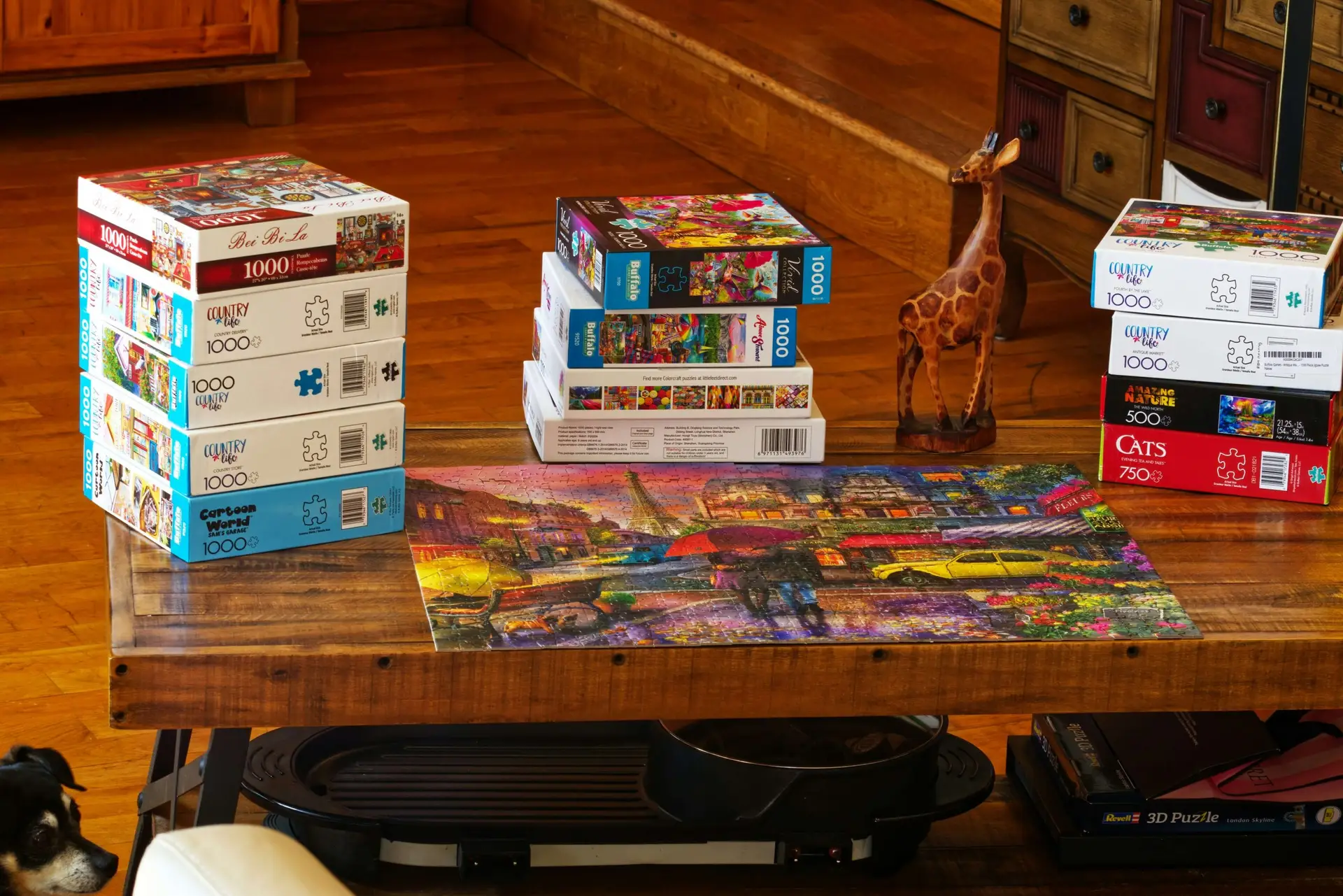In a world where screens dominate our children’s lives, finding engaging and educational alternatives is crucial. Enter educational puzzles. These fantastic tools not only entertain but also play a significant role in a child’s development. This blog post will shed light on the myriad benefits of educational puzzles for kids, guiding parents and teachers alike on how to incorporate these gems into everyday learning.
The Benefits of Educational Puzzles
Cognitive Development
Educational puzzles are a powerhouse for developing cognitive skills. When children engage with puzzles, they’re required to recognize shapes, colors, and patterns, which helps build their visual-spatial awareness. This kind of activity stimulates brain functions, enhancing their memory and critical thinking skills. Over time, kids learn to make connections and improve their ability to understand complex concepts.
Problem-Solving Skills
One of the standout perks of educational puzzles is their ability to hone problem-solving skills. Each puzzle presents a challenge that requires patience, strategic thinking, and perseverance. Children learn to approach problems methodically, testing different solutions until they succeed. This iterative process boosts their confidence and teaches them the value of persistence.
Fine Motor Skills
Puzzles also contribute significantly to the development of fine motor skills. Handling small pieces and fitting them into precise slots helps strengthen finger muscles and improves hand-eye coordination. This dexterity is essential not just for writing but for numerous daily tasks that require precision and control.
Types of Educational Puzzles
Jigsaw Puzzles
Jigsaw puzzles are the quintessential educational puzzle. They come in various complexities, making them suitable for different age groups. These puzzles help children develop their cognitive and motor skills as they piece together images from scattered fragments. The satisfaction of completing a jigsaw puzzle also provides a sense of accomplishment.
Logic Puzzles
Logic puzzles, such as Sudoku or pattern-based challenges, are excellent for older children. These puzzles require critical thinking and reasoning skills, pushing children to think outside the box. They are particularly effective in teaching mathematical concepts and enhancing problem-solving abilities.
3D Puzzles
3D puzzles take the challenge to another level by adding a dimension of depth. These puzzles not only improve spatial awareness but also encourage imaginative play. Building a 3D model can be incredibly rewarding and offers a hands-on learning experience that is both fun and educational.
How to Choose the Right Puzzle
Age Appropriateness
When selecting an educational puzzle, it’s crucial to consider the child’s age. Younger children benefit from simpler puzzles with larger pieces, while older kids can tackle more complex designs. Age-appropriate puzzles ensure that the child remains engaged and doesn’t get frustrated.
Learning Objectives
Different puzzles serve different educational purposes. If the goal is to improve fine motor skills, a jigsaw puzzle might be ideal. For enhancing problem-solving abilities, a logic puzzle could be more suitable. Identifying the learning objectives will help in choosing the most beneficial puzzle for the child.
Interest and Engagement
Puzzles should be fun! Selecting puzzles that align with a child’s interests—be it animals, space, or fairy tales—can significantly increase their engagement. When children are excited about the subject matter, they are more likely to immerse themselves in the activity and gain the most from it.
Incorporating Puzzles into Learning
At Home
Parents can integrate puzzles into daily routines by setting aside specific times for puzzle-solving activities. Making it a group activity can enhance family bonding while providing educational benefits. Rotating different types of puzzles can keep the activity fresh and exciting.
In the Classroom
Teachers can use puzzles as a part of their curriculum to reinforce concepts taught in class. For example, geography puzzles can make learning about countries and continents more interactive. Puzzles can also be used as a tool for collaborative learning, encouraging teamwork and communication among students.
During Playdates
Educational puzzles can be a great activity for playdates. They offer a productive way for children to interact, collaborate, and learn from one another. This social aspect of puzzle-solving can help develop interpersonal skills and foster a sense of community among peers.
Case Studies and Expert Insights
Real-Life Examples
Consider the story of Emily, a seven-year-old girl who struggled with math. Her teacher introduced her to logic puzzles, and within a few months, Emily showed significant improvement. The puzzles helped her understand patterns and mathematical relationships, turning a challenging subject into a fun activity.
Expert Opinions
Dr. Jane Smith, a child psychologist, emphasizes the importance of educational puzzles in early childhood development. “Puzzles are more than just playthings. They are powerful educational tools that nurture a child’s cognitive and emotional growth,” she states. Other experts agree, highlighting how puzzles can lay a strong foundation for future academic success.
Conclusion
The benefits of educational puzzles are manifold. From boosting cognitive development and problem-solving skills to enhancing fine motor abilities, these tools are indispensable in a child’s learning journey. Parents and teachers should consider incorporating a variety of puzzles into their routines to maximize these benefits. Additionally, Troomi phones help children try new things and find new hobbies without the risks of screen addiction and harmful content on the internet. These devices provide a safe and controlled environment, encouraging kids to explore the world around them and discover their passions. If you’re ready to take the next step, explore our selection of educational puzzles tailored to different age groups and learning objectives. Let’s make learning fun and engaging for every child.
Interested in learning more? Click here.

